Overview

- Act: Cap. 211 of the Laws of Kenya, Kenya National Commission for UNESCO Act
- Formed: 1964
- CEO: Dr. James Njogu, PhD, HSC
- X (Twitter)
- YouTube
The Kenya National Commission for UNESCO (KNATCOM) was established in 1964 to facilitate Kenya’s engagement with UNESCO and support the country’s participation in its programs. The Commission works to promote education, science, culture, and communication, aligning with UNESCO’s global initiatives. KNATCOM plays a pivotal role in implementing UNESCO’s policies and fostering collaboration between Kenya and international partners. It focuses on promoting cultural diversity, sustainable development, and advancing education for all. Through its programs, the Commission aims to contribute to the achievement of the United Nations’ Sustainable Development Goals in Kenya.
CEO: Dr. James Njogu, PhD, HSC
Dr. James Njogu, PhD, HSC, is the CEO of the Kenya National Commission for UNESCO (KNATCOM). He holds a PhD in International Relations and has vast experience in policy development, education, and international cooperation. Dr. Njogu has held leadership roles in both governmental and non-governmental sectors.
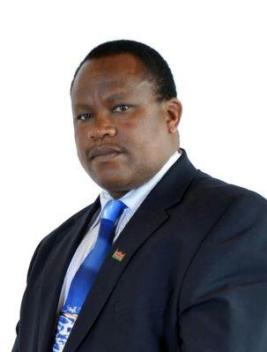
Board of Governors
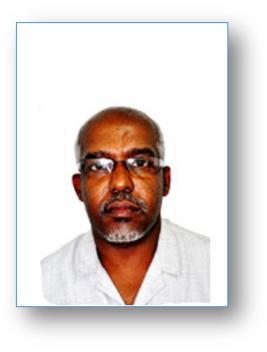
Prof. Mohamed S. Rajab
Chairperson

Florence Chemutai
Member

Antonina Lentoijoni
Member
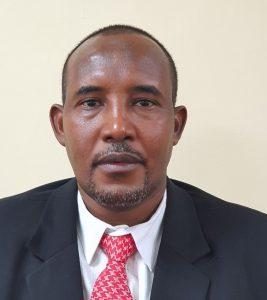
Hassan Duale
Member
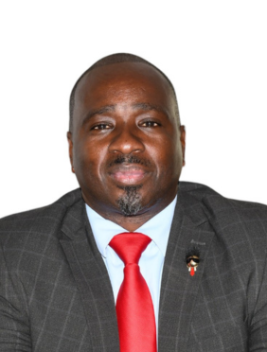
Abraham Ondeng
Member
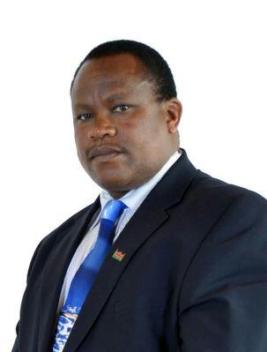
Dr. James Njogu
Ag. Secretary General / CEO
Functions
- Representation: Represent Kenya’s interests in UNESCO and its related organizations.
- Policy Advocacy: Promote and advocate for UNESCO’s global policies and programs in Kenya.
- Education Promotion: Support the development of education in all its forms, particularly in line with UNESCO’s Education for Sustainable Development (ESD) agenda.
- Cultural Heritage: Promote the protection and preservation of Kenya’s cultural heritage, including tangible and intangible heritage.
- Scientific Collaboration: Foster scientific research and technological development through international cooperation.
- Sustainable Development: Promote sustainable development, especially in areas such as water, energy, and climate change.
- Capacity Building: Build national capacities in education, science, culture, and communication sectors.
- Public Awareness: Raise public awareness of UNESCO’s work and its impact on global development.
- Gender Equality: Advocate for gender equality and the empowerment of women and girls in line with UNESCO’s mission.
- International Partnerships: Facilitate partnerships between Kenya and international organizations, governments, and civil society in areas related to UNESCO’s objectives.
Important Links
Address & Contacts
- National Bank Building, Harambee Avenue, 16th Flr,
- P. O. Box 72107-00200 Nairobi Kenya
- sg@unesco.go.ke
- 020 2229053